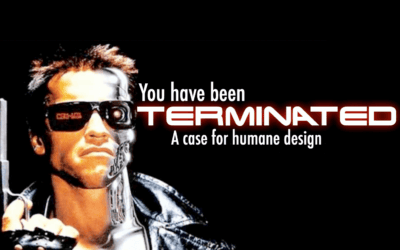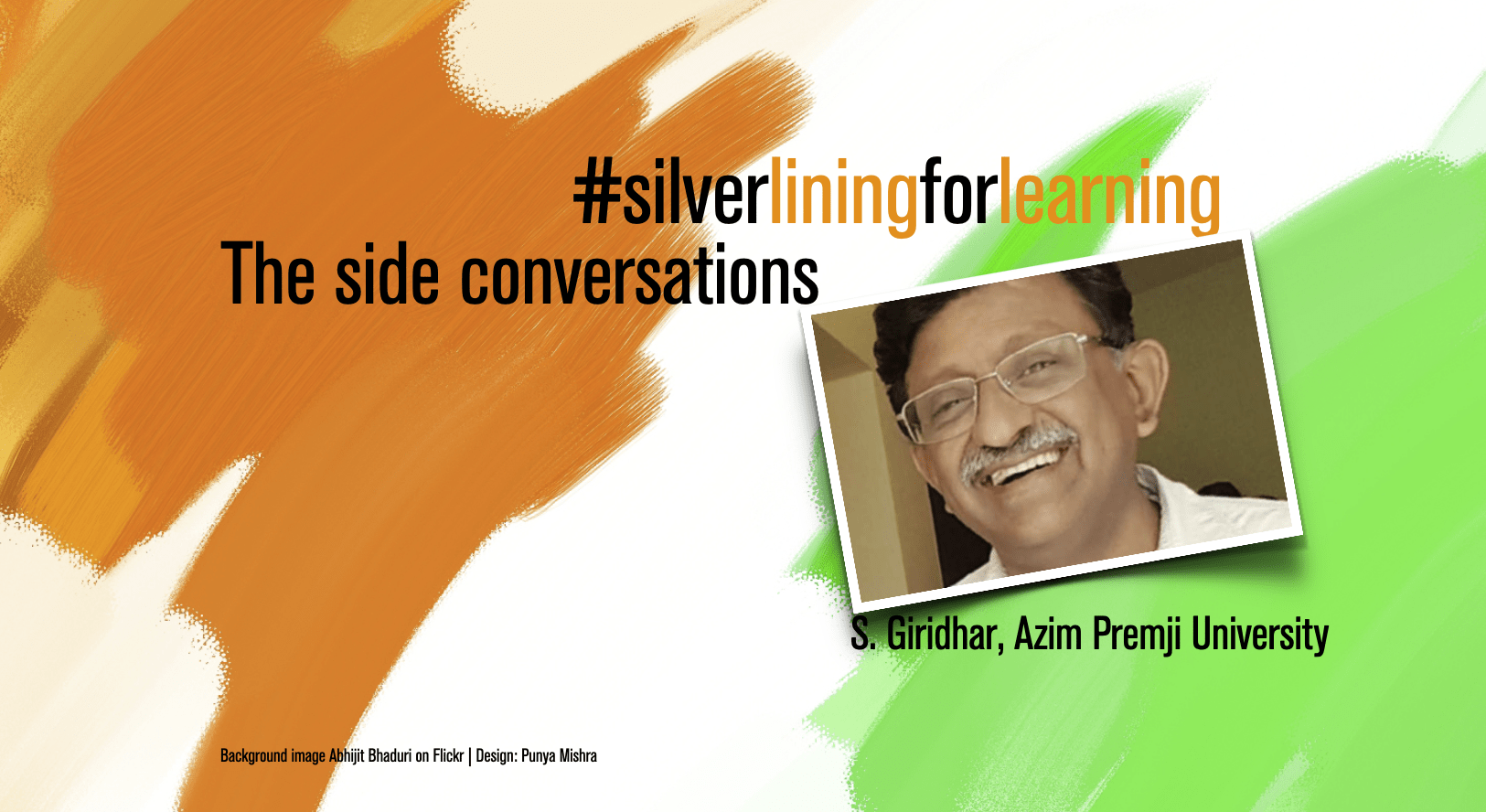What happens when an economy “built on selling precious copies” suddenly confronts the world of the Internet – a world based on the “free flow of free copies?” Kevin Kelly confronts this issue in a recent post titled, Better than free. As he says, “how does one make money selling free copies?”
He suggests that we need to look at the issue from the point of view of the user (why would we ever pay for anything that we could get for free?) and through this identifies some key qualities that cannot be copied.
He lists that there are eight things that are better than free, eight things that cannot be copied. [Your list may be different.] These are what he calls generatives, “a quality or attribute that must be generated, grown, cultivated, nurtured. A generative thing can not be copied, cloned, faked, replicated, counterfeited, or reproduced. It is generated uniquely, in place, over time. In the digital arena, generative qualities add value to free copies, and therefore are something that can be sold.”
The eight generatives he proposes are: Immediacy, Personalization, Interpretation, Authenticity, Accessibility, Embodiment, Patronage, & Findability. I am not going to quote any more from his article, since you can just go there yourself and read it. Go to Better than Free
Most of the examples Kevin Kelly provides pertain to the software design business. It appears to me, however, that this frame applies as well to the arena of education. In an age of OpenCourseware, it becomes imperative that universities (such as the one I work for) develop a better understanding of what it is that we are providing. If we are stuck on the old paradigm of charging money for information, we will be left behind. Clearly this is a time to ask ourselves (as academics) some hard questions, and it seems to me that Kevin Kelly’s idea of generatives maybe one productive way of generating some useful answers.
I must add though, some of the actions of academia and administrators makes me wonder if we will ever even understand the changes that are going on. I speak specifically of this!




I’ve been looking through your blog. You have some nice posts on here, especially this one, I enjoyed it…nice post. Consider yourself bookmarked .
Steve, the link was to an article on MSU’s website from a while ago. MSU had been putting all kinds of restrictions on people using Google docs (or any other cloud computing services). The list of action we could NOT do was far longer than what we were allowed to do. It was truly a case of the power that are not getting it…
As you know things have changed a bit over the past two years (that article was written almost exactly 2 years ago!) – and google apps are now available to MSU students and faculty. However, I doubt the mentality has changed in any fundamental manner…
Hope that helps…
~ punya
Punya, the link in your last paragraph doesn’t work. Or was that the point?!
😀
–S.